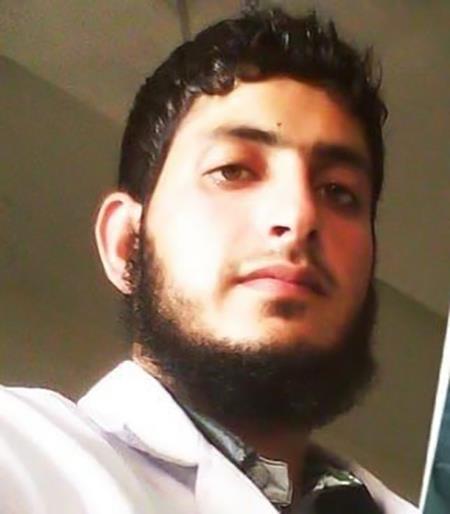
Why ISI's Kashmir Revival Faltered: Money Driven Terrorists Failed, But Professional Cells Are Filling The Gap
In recent years, many of its recruits in the Valley were not committed to an ideology, and the security agencies learnt that most of them were working for money. Terror groups such as the Jaish-e-Mohammad and Lashkar-e-Taiba have been facing this issue since the abrogation of Article 370, and all their recruits since then have been more committed to the finances rather than the cause.
This explains the complete shift that one got to witness, where the Faridabad terror module of the Jaish-e-Mohammad is concerned. The module comprised mostly doctors, and they were in charge of the planning, recruitment and also arranging funds.
Investigators who are questioning some of the doctors arrested in connection with this case say that none of them were working for money. Further, most of them reached out to the Jaish-e-Mohammad rather than vice versa. For the Jaish-e-Mohammad, having such members as part of the module was advantageous in many ways.
In the run-up to joining any terror group, the biggest challenge is always radicalisation. Only a thoroughly radicalised terrorist is fully committed to the cause. In most cases, a terrorist pretends to be radicalised, but his primary intention is the money he gets.
In the case of the Faridabad module, almost all the members were self-radicalised and did not visit any designated camp to undergo this process. In all their calls with their bosses or handlers, none of them demanded any financial assistance. Most of them had high-paying jobs and were ready to put in their own finances to run the module.
Barring a payment of Rs 20 lakh to recruit and procure the ammunition, the members of this module did not demand anything else. Most of the module members, being highly educated and working professionals, did not have any criminal background. This made it easy for them to operate as they never ran the risk of coming under the radar of the security agencies.
Due to their background and skills, the Jaish-e-Mohammad was able to leverage them to plan high-impact and sophisticated attacks. During the questioning of the accused, it was also learnt that their skill sets were used as they were found to be more adept at planning and also using encrypted platforms.
The probe has found that the members of the Faridabad module were in contact with each other and also their foreign-based handlers through a Swiss communication app called Threema. This app was used to coordinate their activities related to the attacks they had planned to carry out. The decision to use this app was made by Dr Umar Muhammad, the Delhi bomber. This app does not need an email ID or phone number, and hence tracking becomes next to impossible.
Such suggestions go a long way for terror groups, and hence the decision to recruit highly educated persons works. In recent times, terror has largely moved online, and to operate in such a space, one needs experts who are also highly educated. Terror groups recruit such persons since they have the computer skills that are needed to manage online propaganda and recruitment efforts.
While this trend of 'white-collared terrorism' has become quite common today, it has been in play for over ten years. Al-Qaeda and then the Islamic State are known to have recruited mostly educated terrorists. These groups also decided to focus on white-collared terrorists because it helps them in carrying out operations on foreign soil. Such terrorists are better suited for international operations as they adapt more easily to foreign environments and navigate complicated situations.
Intelligence agencies say that this trend is only likely to increase. Pakistan-based terror groups, especially the Lashkar-e-Taiba and Jaish-e-Mohammad, are likely to use this tactic more for attacks deep inside India, officials also add.

Legal Disclaimer:
MENAFN provides the
information “as is” without warranty of any kind. We do not accept
any responsibility or liability for the accuracy, content, images,
videos, licenses, completeness, legality, or reliability of the information
contained in this article. If you have any complaints or copyright
issues related to this article, kindly contact the provider above.


















Comments
No comment